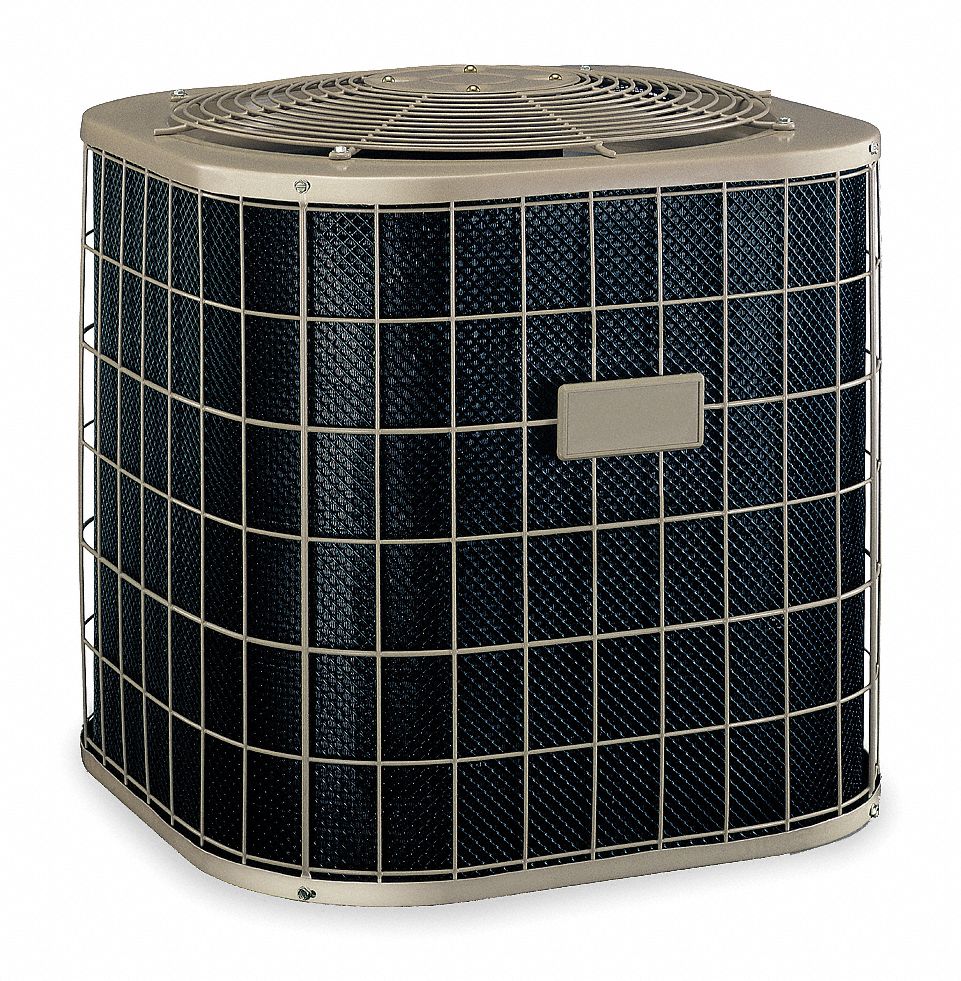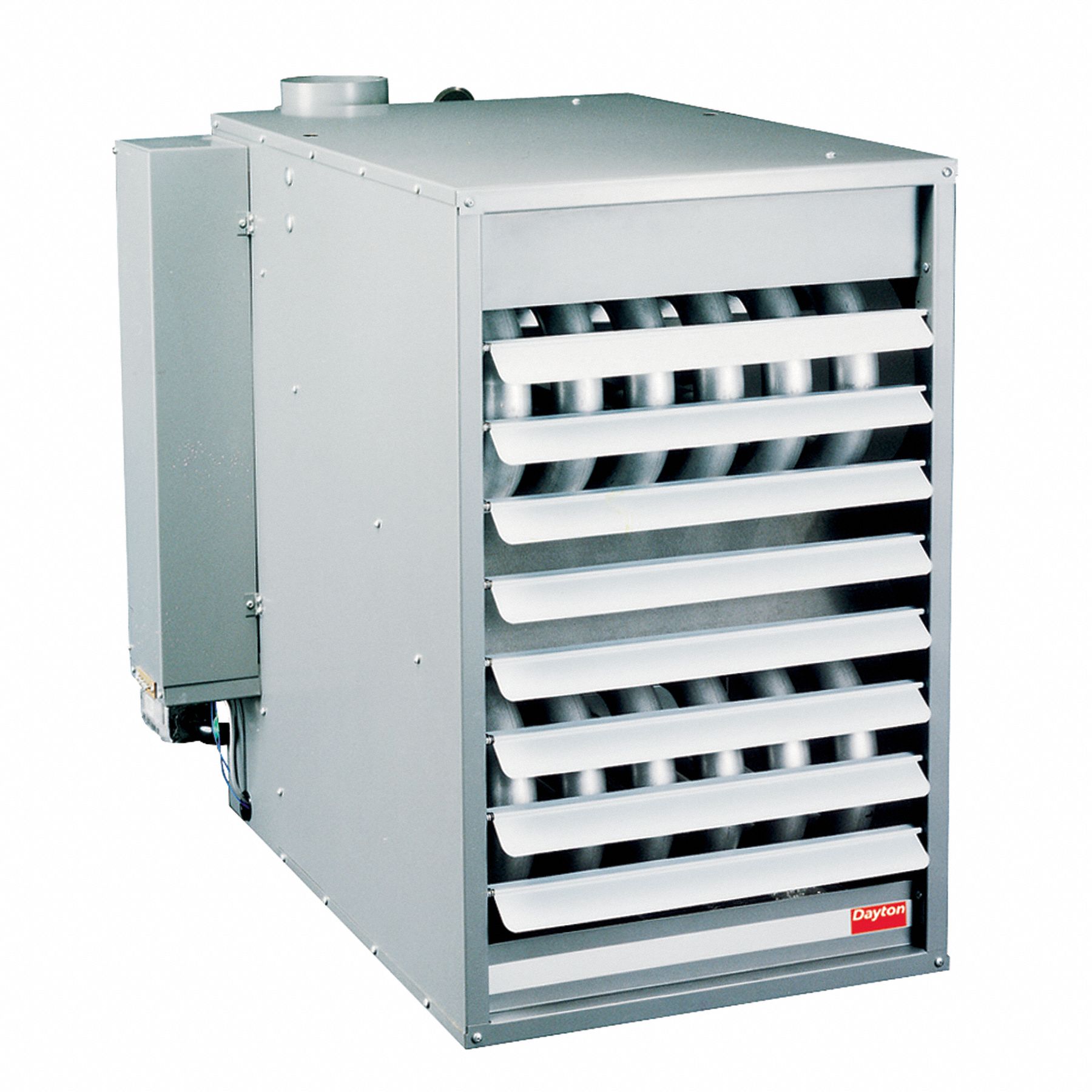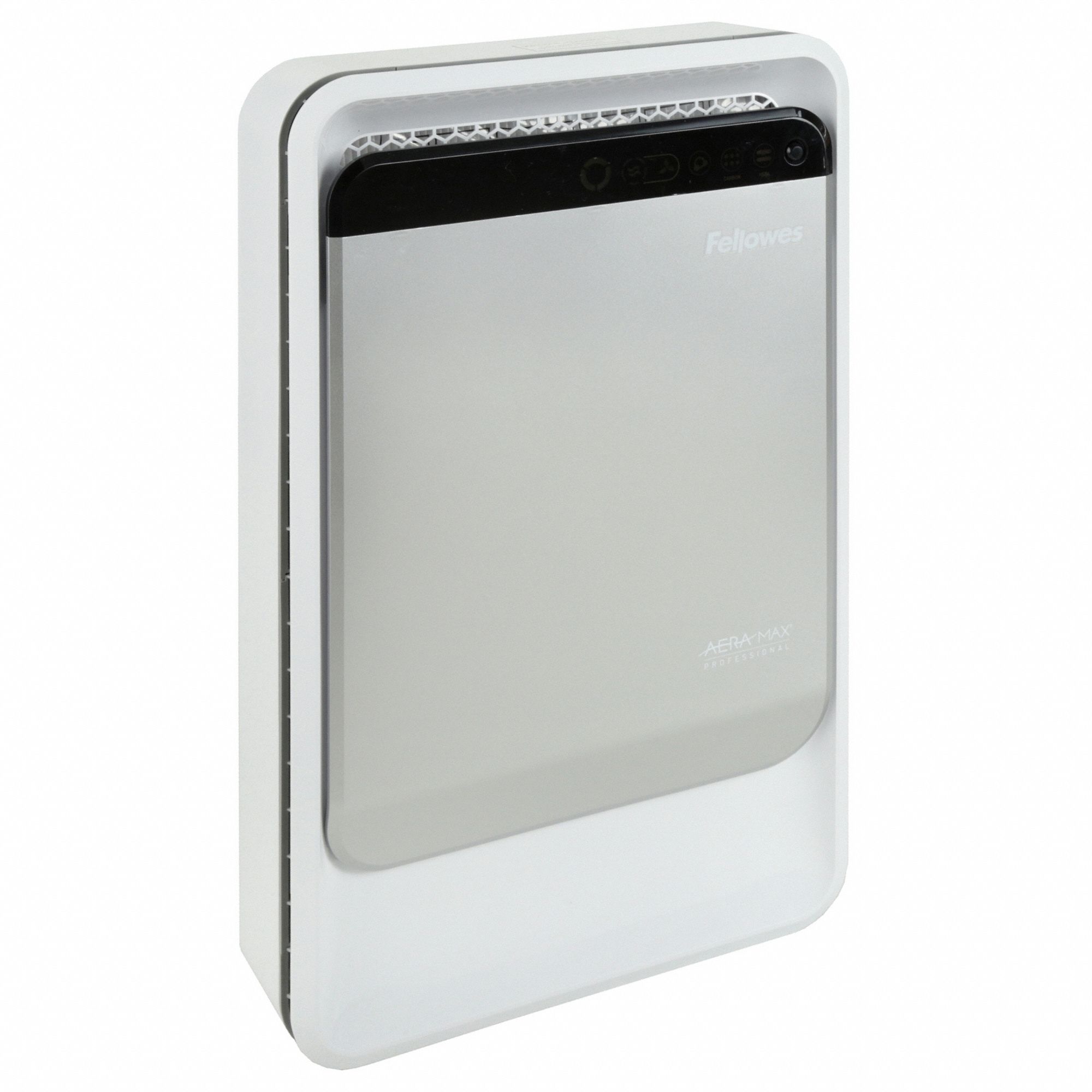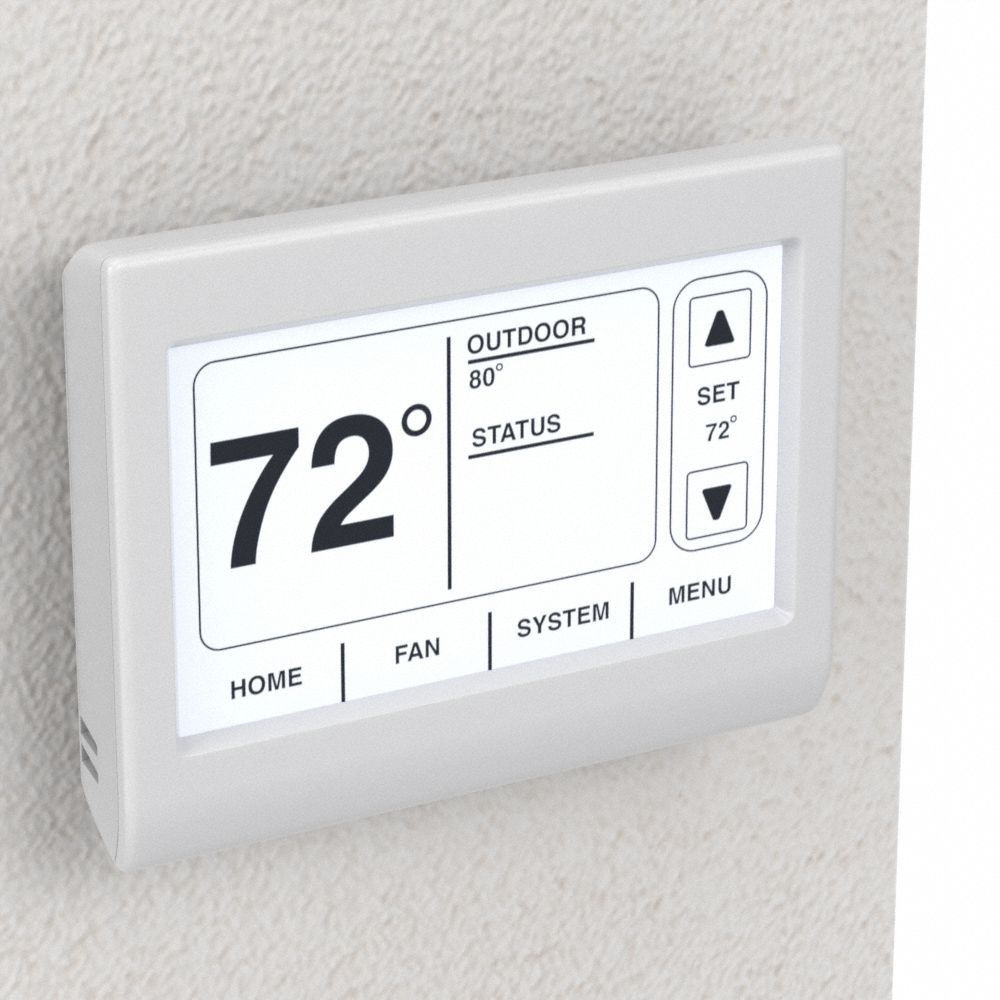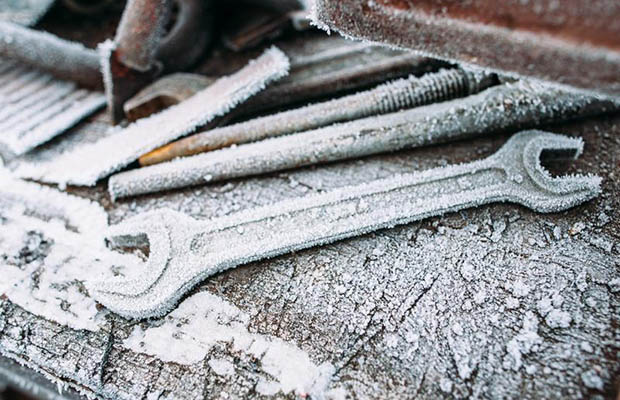

Cut Your Energy Bill with High-ROI Heating Hacks
By Grainger Editorial Staff 12/7/17


Heating your business can get really expensive, really fast. This is especially true if you're using electric heaters or portable heaters or to supplement a drafty building or an underperforming central heating system.
Fortunately, there are many ways to help your heaters do their job better and cheaper. Some of these winter energy saving tips are simple, while others will take more time and money. All can be worth doing, depending on your situation. You can start by looking at a simple question — how to save money on heating — but in the end you should also consider ROI, or the return you'll get on the investment that you make.
Projects with Higher ROI
These projects take less time and money, so you'll see a payoff sooner.
Seal your building envelope — Any heated air that leaks out of your building is money down the drain. There are a number of easy and inexpensive ways to seal those leaks:
- Weatherstripping — Weatherstripping is one of the easiest and most effective ways to insulate and save on heating costs. Covering the gaps around doors, windows, and vents, weatherstripping closes off the connection to the outside air and holds heat indoors.
- Window film — This form of window insulation uses a plastic sheet to insulate and close open air gaps. Installation is quick and easy, so you can make a dent in your heating bill without a large investment of time or money. Both older and modern windows can be covered in sheeting. This can be a good stopgap solution if you're planning to upgrade to more efficient windows but not quite ready to take the plunge.
- Spray insulation — There are many types of spray insulation, but they all serve the same purpose: fill in gaps that let out heat and cause drafts. Smaller cans of spray insulation can seal windows and doors or just cover small gaps in the wall, while larger cans can cover gaps between walls, floors, and rooms. Spray insulation is easy to apply, but does last beyond the season, making it a more permanent solution to heating.
Subdivide large spaces — One of the most basic ways to save on heating is simply to heat less space. This can be an effective way to save money if you're currently heating a large, drafty space, like a warehouse or large workshop. Curtain walls help you subdivide those spaces, creating smaller areas that can be heated rapidly and evenly. Curtain walls are removable and can be repositioned, adapting to the space you are using in all seasons.
Step up your thermostat — Another simple way to save energy in the winter is to make sure you're only heating when you need to heat. Basic programmable thermostats allow you choose when you'll bring the building up to comfortable working temperatures. More advanced WiFi or smart thermostats can automatically factor temperature, weather, and your preferences into choosing the right way and time to heat. These devices can:
- Automatically learn your climate and preferences to control heating
- Fit wherever existing thermostats are installed
- Adjust the temperature when the room is empty to save on heating cost
Projects with Lower ROI
These projects are more expensive, and they take longer to do yourself. They can still be worth doing, but you may want to think more carefully about them, because the reduction in winter heating costs is unlikely to make the project worthwhile on its own. You may want to wait until you're doing a larger remodeling project, for example.
Seal and insulate your ductwork — If your ductwork has gaps or breaks, or if it's poorly insulated, you're probably wasting energy. You can seal ducts with foil tape or mastic, and you can insulate them to retain even more heat.
Replace your windows — Window replacement is a straightforward but very effective solution for insulating and saving on heating. Old, inefficient windows leak heat and are often plagued by gaps and broken seals. But it can take a long time for energy savings to pay off the cost.
Install an HVLS fan — High volume, low speed (HVLS) fans have large blades that rotate slowly and circulate the air throughout a room. Without proper circulation, hot air rises and tends to get trapped near the ceiling. HVLS fans help distribute that heat more evenly. The initial investment can be high, they're cheap to run, and they support HVAC efficiency year-round.
Replace your insulation — If you own an older building with heat-retention problems, it's possible that the insulation has degraded over time. It may also have been attacked by pests, or it may have been installed improperly in the first place. Replacing insulation can be a big undertaking, but it can pay off in the long run, especially given the greater efficiency and durability of modern materials.
Resources
Energy.gov, Do-It-Yourself Projects
Time.com, The Best Energy Efficiency Upgrades for Your Money
Energystar.gov, Why Seal and Insulate?
Energy.gov, Your Home Efficiency Questions
![]()
The information contained in this article is intended for general information purposes only and is based on information available as of the initial date of publication. No representation is made that the information or references are complete or remain current. This article is not a substitute for review of current applicable government regulations, industry standards, or other standards specific to your business and/or activities and should not be construed as legal advice or opinion. Readers with specific questions should refer to the applicable standards or consult with an attorney.

